Have you been planning to expand your business in a global marketplace, tapping into fresh opportunities and diverse consumer bases? If the answer is yes, the European Startup Visa Program might just be the game-changer you’ve been waiting for. Having reached over 450 million consumers, collaborating with world-class talent, and establishing your footprint in some of the most innovative startup hubs across the globe is a no-brainer.
But let’s face it—chasing dreams of European success often comes with a dose of reality. Tedious visa requirements, language barriers, cultural adjustments, and financial prep can feel like roadblocks big enough to derail the boldest plans.
That’s where the European Startup Visa Program steps in, simplifying the red tape and providing entrepreneurs with a clear path to turning their ambitions into reality.
This blog post will guide you on everything related to business and startup visas. So, let’s get into the topic.
European Startup Visa Program: An Overview
The European Startup Visa Program is a beacon for entrepreneurs looking to establish a foothold in one of the world’s most vibrant business ecosystems.
This program is designed to attract innovative minds from outside Europe, offering a structured pathway for non-European entrepreneurs to establish businesses, contribute to local economies, and ultimately gain residency. Simplifying the entry process provides access to the European Union’s diverse markets, robust infrastructure, and supportive startup networks.
What are the Eligibility Criteria for the Europe Startup Visa Program?
Eligibility criteria for the program vary by country, but some fundamental requirements are consistent across the board.
Applicants typically need a well-thought-out business plan that outlines the objectives, market potential, and growth strategy of their startup. Your business idea must demonstrate innovation or address a critical problem in the local market. Besides this, financial readiness is crucial, as applicants are required to present proof of sufficient funds to sustain their venture and cover personal expenses. Full-time commitment to the business is often a non-negotiable condition.
Read the complete guide for things you need to apply for a European visa.
Challenges in European Business Visa Navigation
Navigating the specifics of business and startup visas is no easy feat. Each country in Europe has its own set of policies and procedures, which can confuse even the most prepared applicants.
Here are the common challenges one could face;

To avoid these challenges, seek professional guidance. Immigration consultants specializing in business and startup visas can provide tailored advice and ensure that applications are complete and compliant. Using official government resources is also essential to stay informed about requirements.
Learn how to get a work permit in Europe without any hassle.
Overcoming Language Barriers
Language barriers are one of the most significant challenges entrepreneurs face when venturing into the European market. The complexities of visa applications, legal documentation, and local business regulations often demand a strong grasp of the local language. Miscommunications during critical interactions with government authorities, business partners, or clients can lead to delays, misunderstandings, or even the rejection of applications. Furthermore, building relationships within a local business ecosystem relies heavily on clear and culturally appropriate communication, which language differences can hinder.
To overcome these barriers, entrepreneurs should leverage multilingual resources and professional translation services.
Financial Preparedness for Business Visas
Financial readiness is a cornerstone of the Europe Startup Visa Program. Applicants are required to demonstrate sufficient funds to sustain their business operations and cover personal living expenses during their initial years in Europe. This requirement typically includes proof of minimum capital investment. Additionally, applicants must be prepared to cover the costs associated with application fees, legal consultations, office space, and ongoing operational expenses.
To meet these demands, entrepreneurs should begin with a well-structured budget that cover all potential costs. Seeking external funding is another viable option, whether through venture capital firms, angel investors, grants, or crowdfunding platforms. Moreover, maintaining clear and transparent financial documentation is crucial, as this not only meets visa application criteria but also establishes credibility. When applying for business and startup visas, demonstrating a solid financial plan can significantly enhance an entrepreneur’s chances of approval.
Finding Credible Information and Resources
Navigating the European Startup Visa Program can be overwhelming, particularly when faced with an abundance of online resources that may be outdated or inaccurate. Entrepreneurs often waste valuable time sifting through unreliable advice, which can lead to incomplete applications or errors that delay the process.
To avoid these pitfalls, it is essential to rely on trusted platforms and official sources. Government immigration websites and startup visa portals are the most reliable hubs for updated information. Seeking assistance from immigration consultants or legal experts who specialize in business and startup visas can also ensure compliance with all necessary requirements. Additionally, connecting with fellow entrepreneurs who have successfully navigated the process can provide invaluable insights and practical guidance.
Cultural and Business Ecosystem Integration
Cultural differences can pose challenges for entrepreneurs entering Europe’s diverse business landscape. Each country has unique norms, business etiquette, and communication styles that significantly impact professional interactions. Missteps in understanding these cultural nuances can lead to strained relationships or missed opportunities.
To integrate effectively, entrepreneurs should invest time in researching the cultural and business practices of their target country. Joining local business networks and attending events can help establish meaningful connections. Collaborating with local talent or participating in accelerator programs can provide insights into consumer behavior and market trends. By demonstrating respect for cultural norms and actively engaging with the local ecosystem, entrepreneurs can build trust and create a strong foundation for their ventures in Europe.
Family and Dependent Visa Considerations
For entrepreneurs relocating to Europe under the Europe Startup Visa Program, family and dependent visa arrangements are a critical concern. Ensuring that spouses, children, and other dependents can accompany the applicant without complications is essential for a smooth transition. Many countries offer dependent visas that permit family members to reside, study, or work while the primary applicant establishes their business.
To facilitate this process, entrepreneurs should research the specific dependent visa policies of their destination country. Required documentation often includes proof of relationship, financial resources to support dependents, and evidence of suitable accommodation. Applying for family visas simultaneously with the main business visa can save time and minimize stress. Consulting with immigration experts is also recommended to navigate complex family relocation requirements effectively.
Planning for Long-Term Residency
While the European Startup Visa Program provides an entry point, many entrepreneurs aim to convert their temporary status into long-term residency or citizenship. This transition often depends on meeting specific conditions, such as maintaining business operations, achieving revenue milestones, or residing in the country for a specified period.
Strategies for long-term residency include:
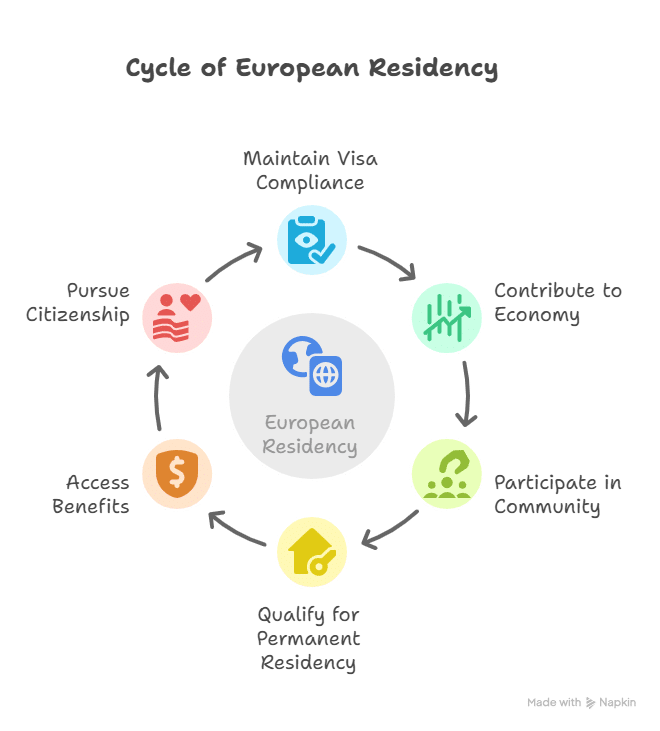
Residency vs citizenship: Find out which one is best for you.
Solutions for Post-Arrival Business Setup
Once in Europe, entrepreneurs must focus on the practicalities of establishing their business. Key steps include registering for taxes, securing office space, and hiring employees. Tax registration often involves obtaining a tax identification number and understanding local tax obligations. Entrepreneurs should consult with local tax advisors to avoid compliance issues.
Finding suitable office space may involve working with real estate agents or utilizing coworking spaces, which offer flexibility during the initial stages. For hiring, tapping into local talent pools through recruitment agencies or networking events can ensure access to skilled professionals. By addressing these logistical aspects efficiently, entrepreneurs can focus on growing their businesses in Europe’s dynamic marketplace.
Conclusion
The Europe Startup Visa Program offers a clear path for entrepreneurs to overcome challenges and unlock unparalleled opportunities in Europe.
By addressing pain points like language barriers, financial readiness, and bureaucratic hurdles, this program empowers innovators to build successful ventures in a dynamic market. With the right preparation and resources, your European dream is within reach. For more detailed guidance and expert tips, head to EU Info Hub!




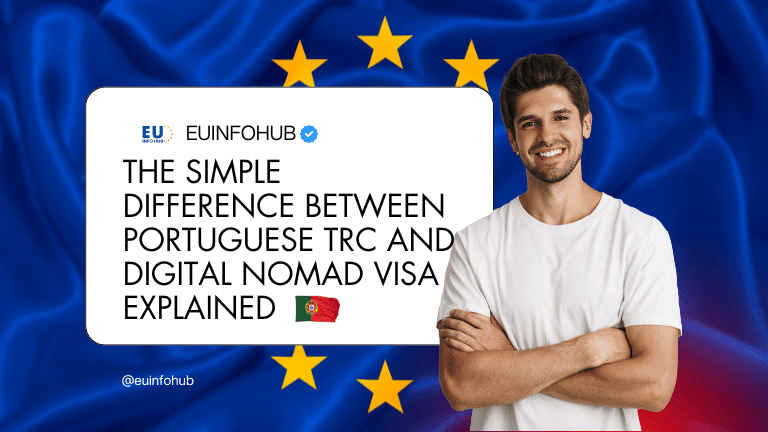
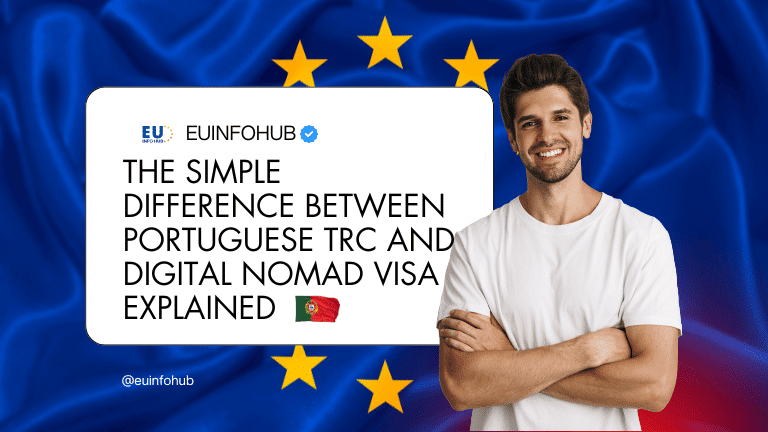

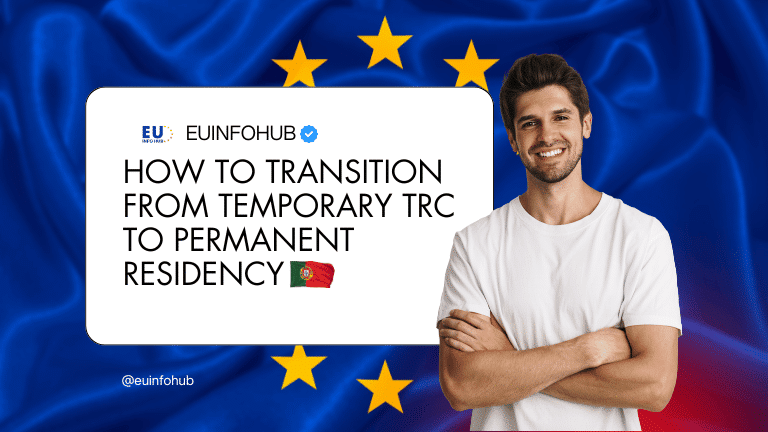


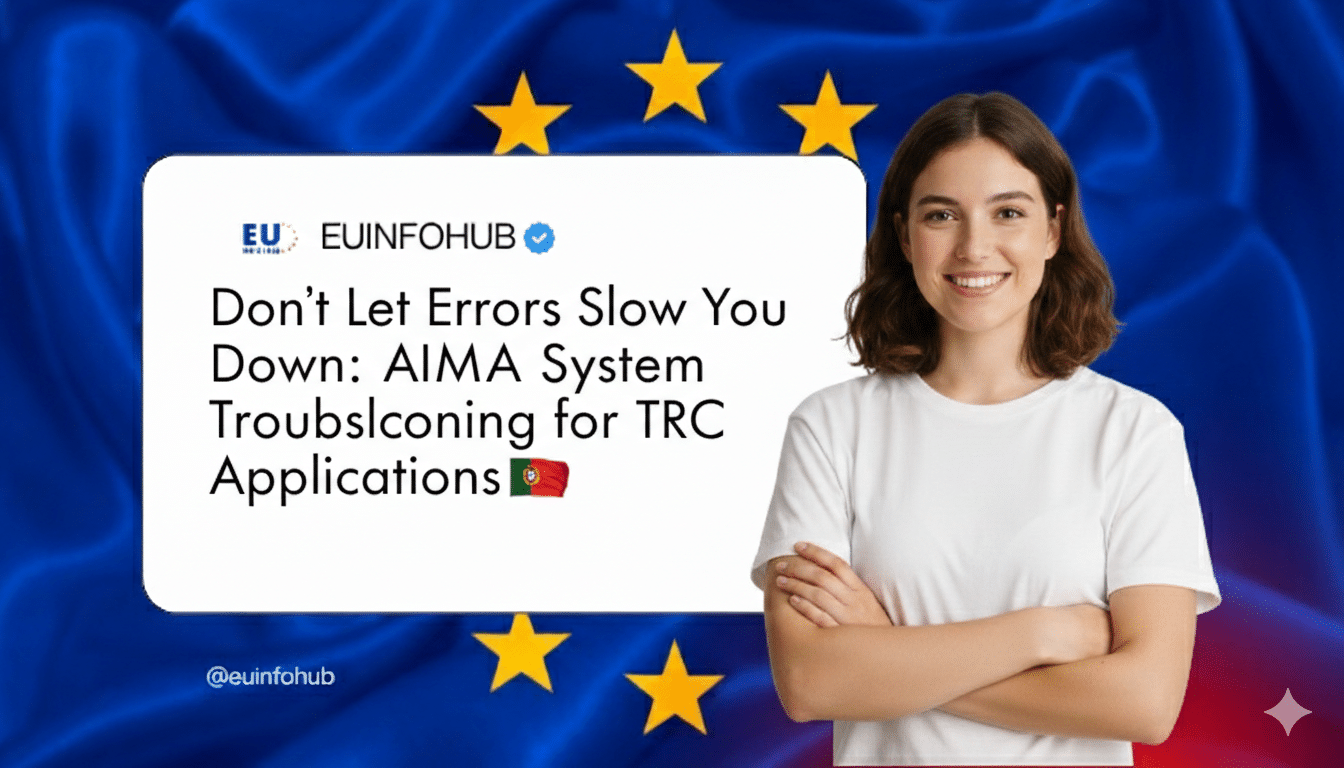
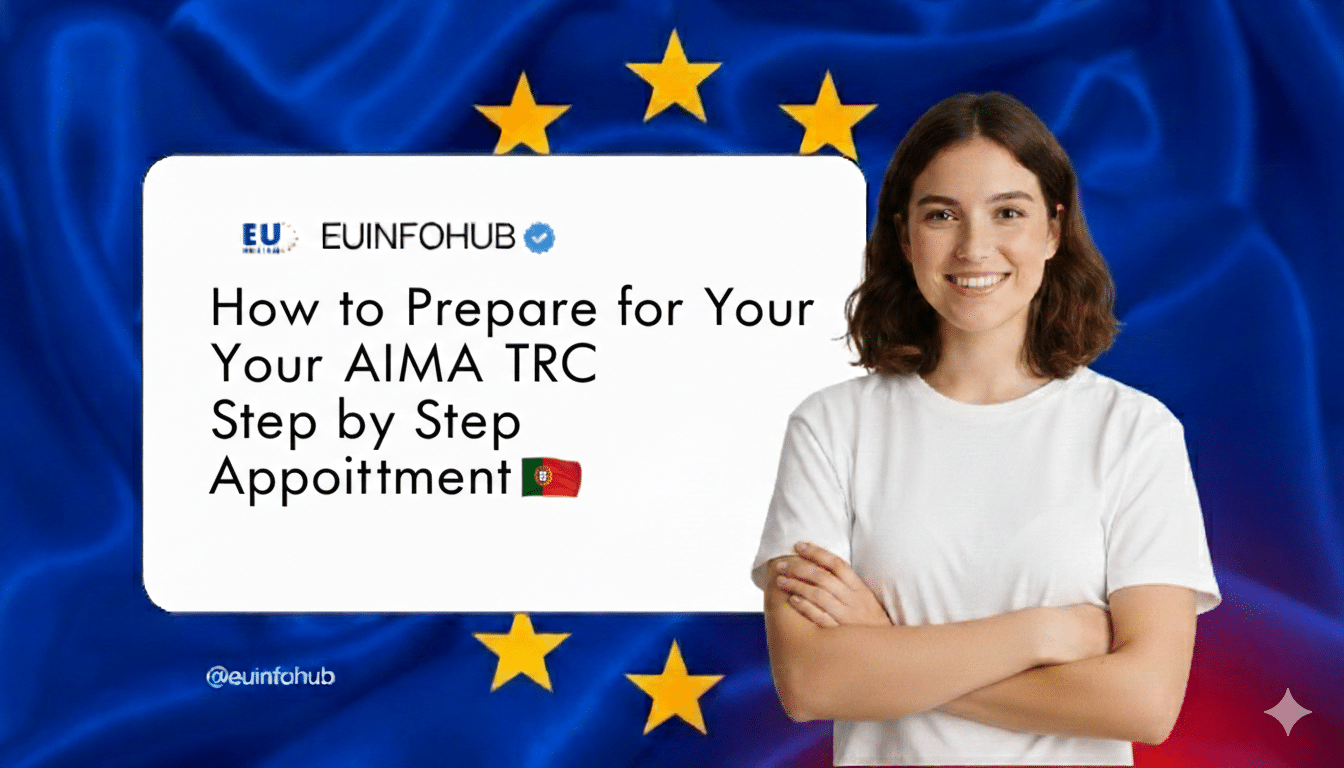

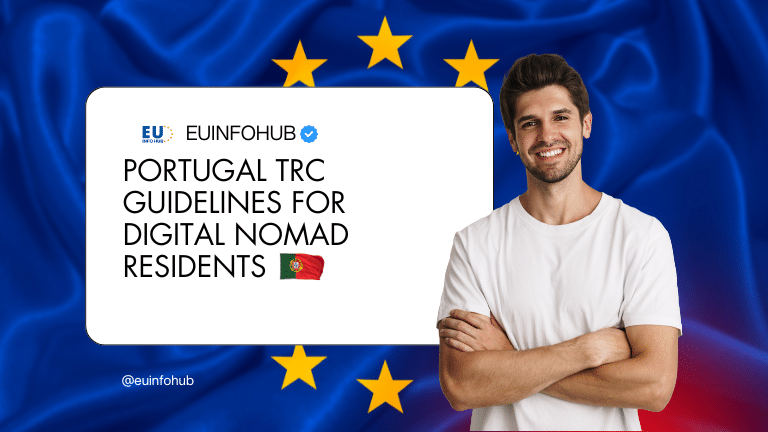
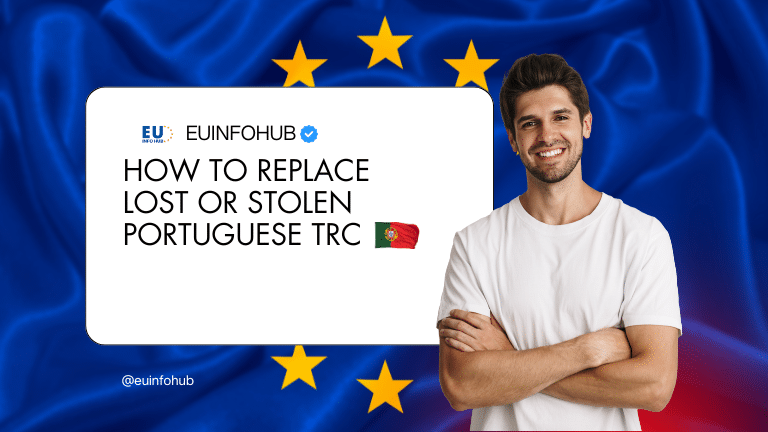

1 thought on “European Startup Visa Program: Solving the Biggest Challenges for Entrepreneurs Moving to Europe”